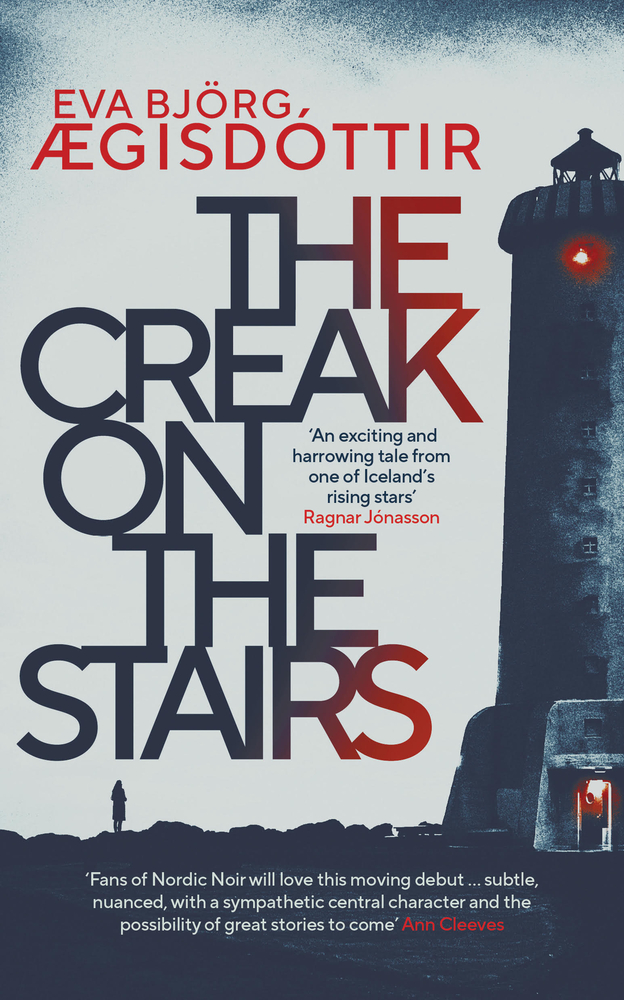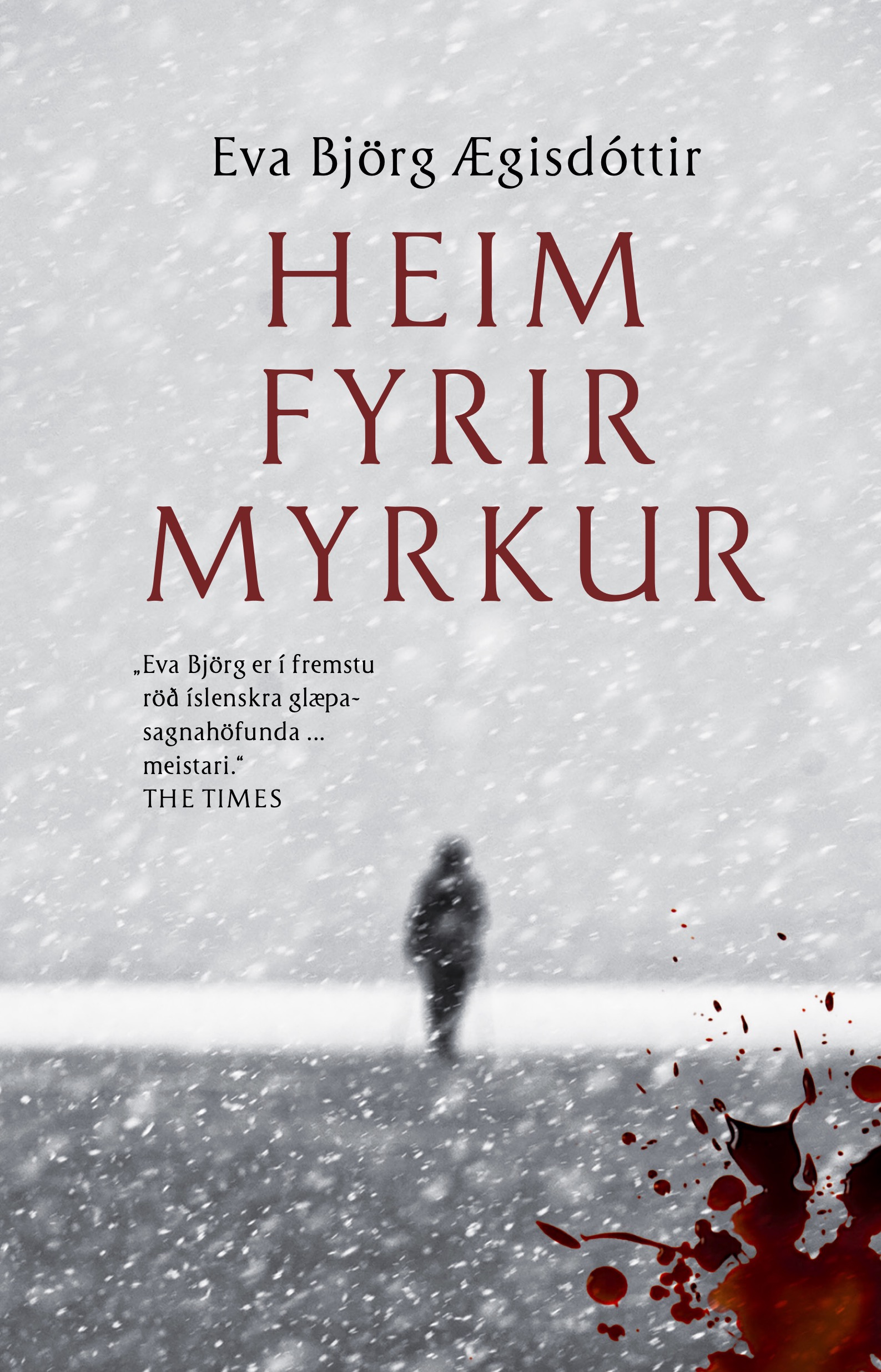About the book
The novel Marrið í stiganum translated to English by Victoria Cribb.
From the book
Elma opened the fridge and took out a pot of skyr, then buttered herself a flat cake and topped it with a slice of smoked lamb. She took her snack over to the sofa, turned on the TV and started watching a programme without really taking it in.
It had been a long day. Despite having worked late the previous night due to the discovery of the body, she had gone into the station early this morning, as had Hörður and Sævar. It was rare for dead bodies to turn up in suspicious circumstances in Iceland, let alone in Akranes, and in most cases it was easy to work out what had happened. Murders were almost invariably committed at home, under the influence of alcohol or drugs, by someone close to the victim, who immediately confessed to the crime. But this was different, and the phones had been ringing incessantly with reporters on the hunt for information.
The problem was that the police had almost no information to give. They didn’t even know the woman’s name as she’d had no ID on her and didn’t appear to have travelled to the scene by car, since no abandoned vehicle had been discovered in the vicinity. As a result, they were considering the possibility that the body had been dumped there; that someone had tried unsuccessfully to dispose of it in the sea. To lend support to this theory, forensics had discovered traces of blood at the scene. When they’d illuminated the area, the trail had been evident, leading from the gravel road by the new lighthouse and out across the rocks to the shore. The bloodstain-pattern analyst called in to examine the photographs was confident that the woman had been dragged from the car park to the shore where she had been found. For a more precise analysis of the cause of death, they would have to wait for the conclusions of the pathologist, who was due back in the country tomorrow. All in all, they had achieved little today other than to speculate about where the woman had come from and who she might be. No one had rung in to say she had disappeared. Currently the only such notifications related to teenage girls who hadn’t returned home since the weekend and had been reported missing by their anxious parents.
Elma put down the empty skyr pot and tucked the throw around herself. Everything had happened so fast: new job, new town, new life. It was at times like this that the longing to ring Davíð was almost unbearable. She yearned to hear his voice, to sense his presence.

